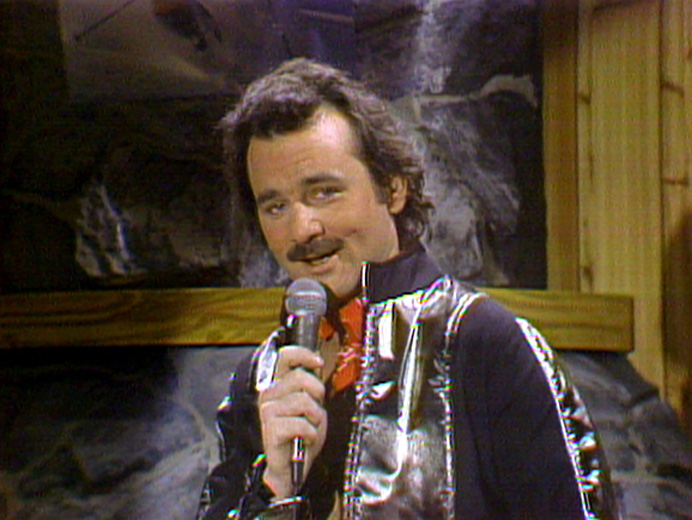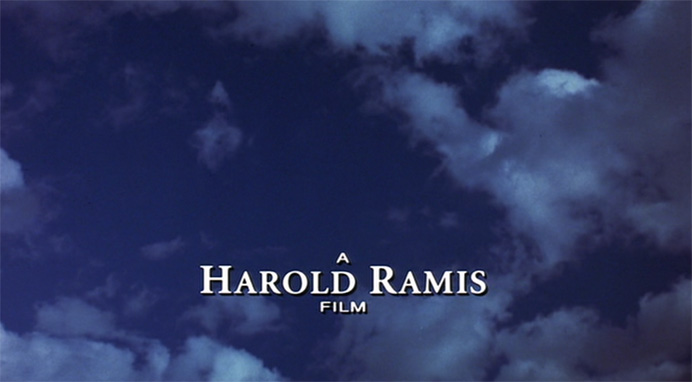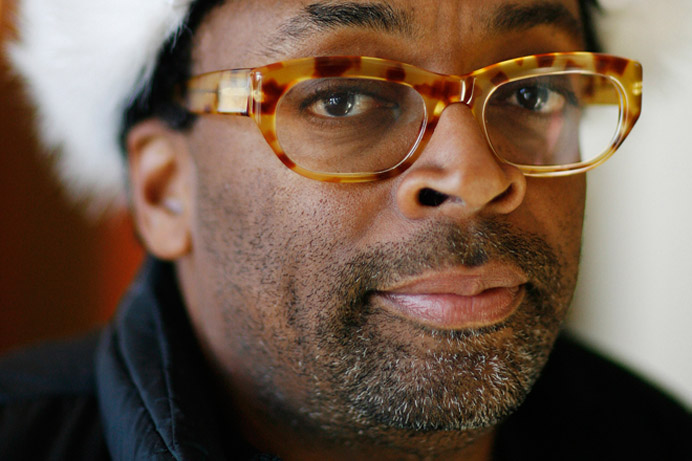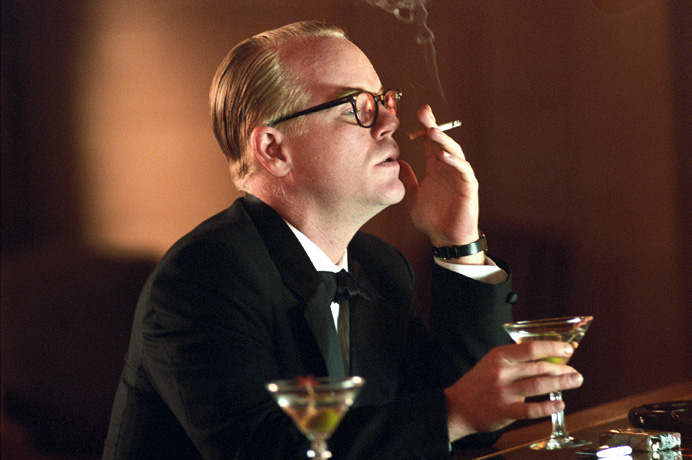
I’m a Star Wars kid. That’s not a fan club membership title, it’s simply a term brought into the lexicon by the unabashed popularity of Star Wars. If you grew up loving Star Wars, you’re a Star Wars kid. The first generation of Star Wars kids saw it in the theater in the summer of 1977, the second generation (me) saw the Special Edition in the theater in 1997, and then the three prequels that followed in 1999, 2002, and 2005.
A discussion about which versions are good, and which are bad, and which are pure, etc., is a valid and interesting one, but it’s better left in the hands of Trey Parker & Matt Stone, RedLetterMedia, Smug Film’s own Harry Brewis, and the makers of The People vs. George Lucas.
I’ve always wanted to write about Star Wars, but the problem is, everything has already been said about Star Wars and then some. Has George Lucas become The Empire in some kind of Animal Farm ironic switcheroo? Maybe. Probably not. Are the three prequels terrible? Kinda, yeah. Should Jar Jar Binks be hung in effigy and burned? I guess, but no. Are the Special Editions evil? No. Was Greedo shooting first evil? Yeah, but we all already know why.
As I get older, what fascinates me about Star Wars is its hold on the cultural zeitgeist. As an atheist, I’m interested in the idea of the Bible: a book written by God that has lasted thousands of years and not only stayed relevant but has been taken as truth by some. Star Wars is only 37 years old, and will hopefully never be taken as truth—but, Star Wars is priming itself to be the touchstone artistic achievement of our time.
Continue reading Nothing But Star Wars



